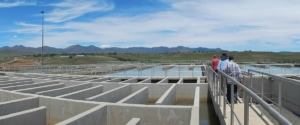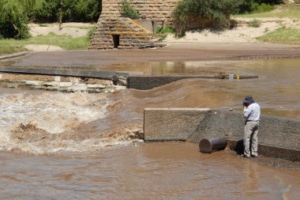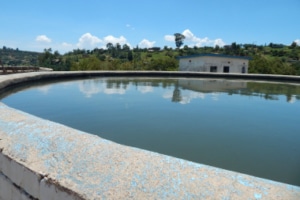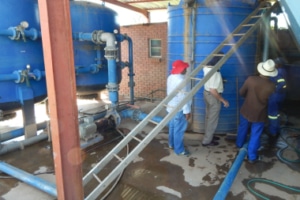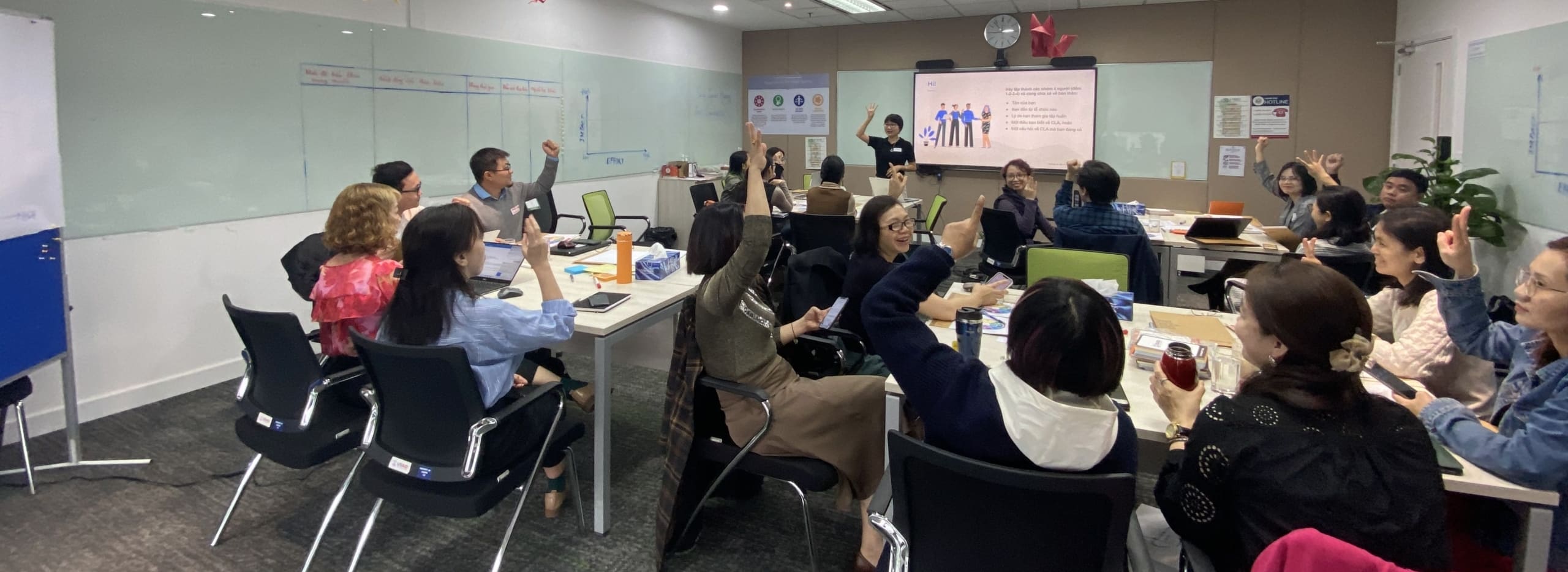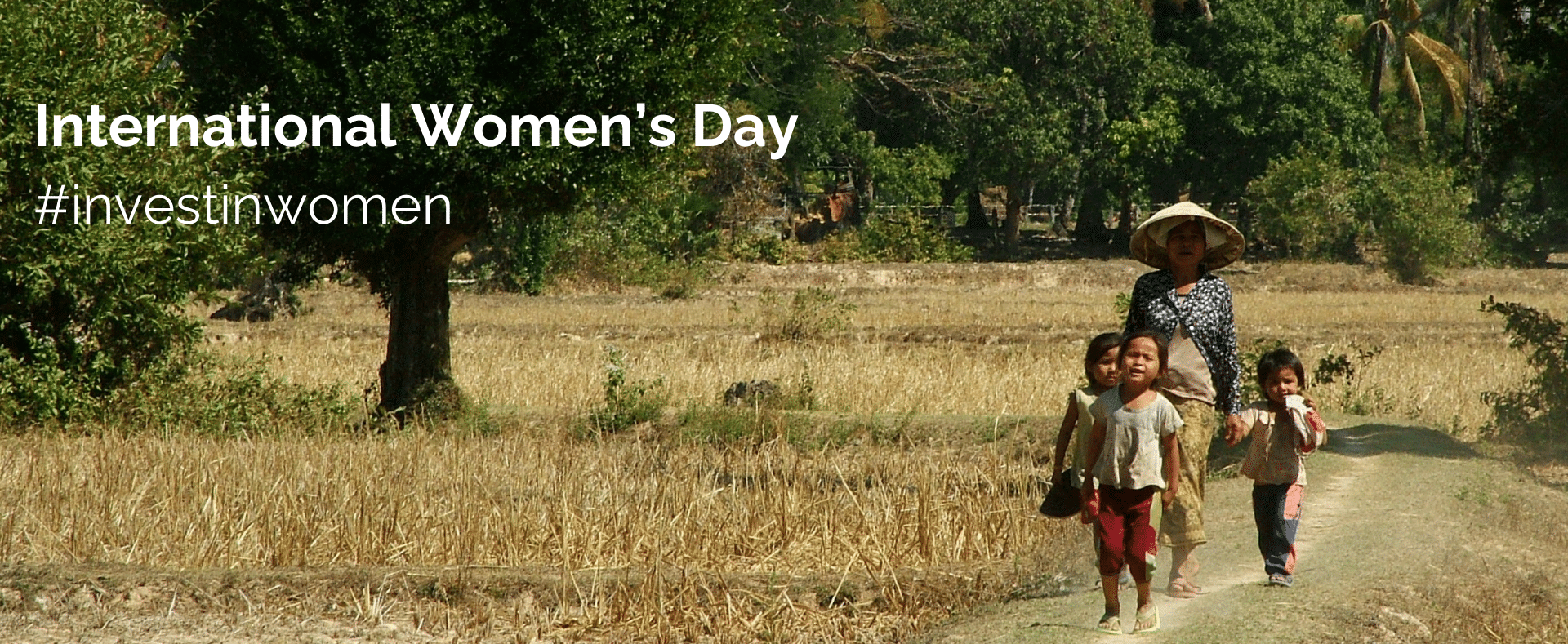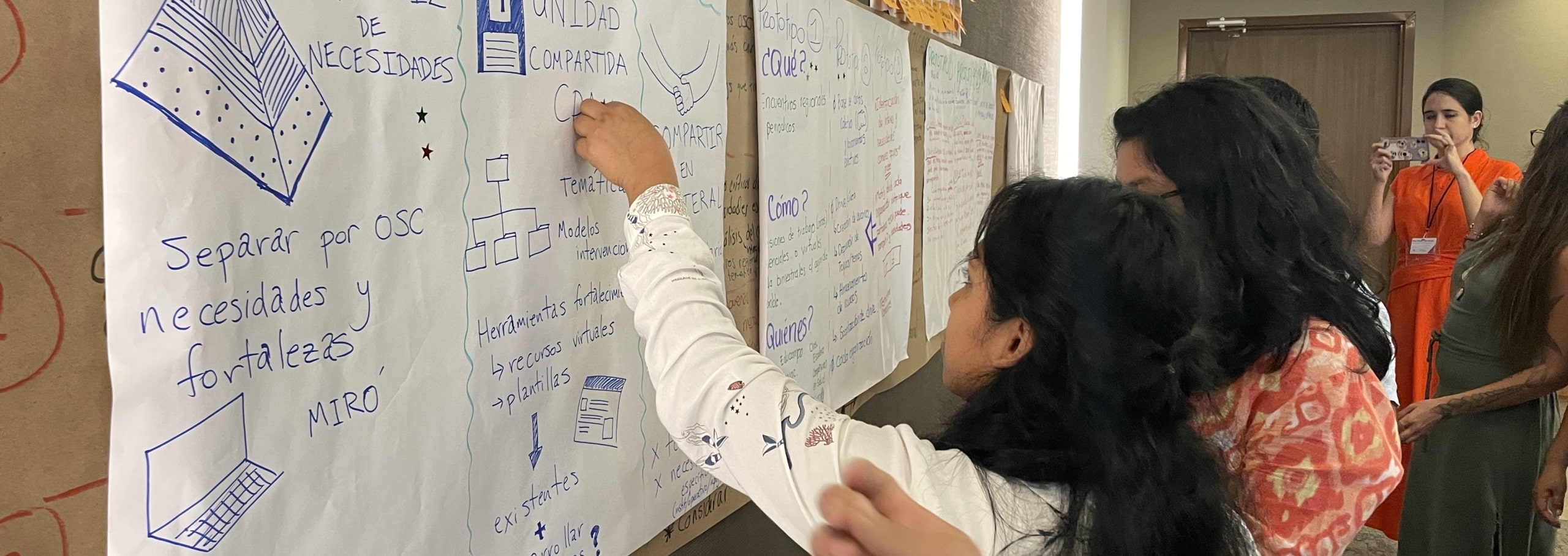Winding rivers carve through Lesotho’s lush, mountainous landscape. Water is the most abundant natural resource and second-most exported product in this small, land-locked country in Southern Africa.
Increasing economic opportunity has led to growing demand for water in Lesotho’s urban areas in recent years. At the same time, Lesotho’s water-intensive textile and garment industry – the largest formal employer in the country – is dependent on a reliable supply of water for further growth and expansion.
To address this problem and improve water supply in urban Lesotho, the Millennium Challenge Corporation (MCC) invested $104 million through the end of its Compact with the Government of Lesotho (2008-2013). The Metolong Program and the Urban and Peri-Urban Water (UPUW) Activity involved several components in the capital of Maseru and other urban areas around the country and included:
- Design and construction of a new water treatment plant and associate infrastructure
- Installation of new and upgraded water supply system infrastructure
- Extension and rehabilitation of the piped water network
MCC contracted Social Impact to conduct an independent evaluation of these activities. Earlier this year, the SI evaluation team visited Lesotho to gather information needed to develop a rigorous evaluation design. SI met with key stakeholders in the water sector and conducted site visits to observe project infrastructure.
- 1) S.I. visits Metolong Water Treatment Plant near Maseru
- 2) S.I. water supply expert inspects water intake at water treatment plant in Mohale’s Hoek
- 4) S.I. visits water treatment plant in Butha-Buthe
- 3) S.I. visits water treatment plant in Leribe
SI’s evaluation of these urban water supply activities will highlight key findings for MCC and the Government of Lesotho about project implementation, economic impacts on households in urban communities, effects on the textile and garment industry, and the sustainability of the investments.
Access to a reliable and safe water supply is a cornerstone of sustainable development. Evaluations such as this, along with others that SI is conducting for MCC in Tanzania and Jordan, play an important role in helping governments and donors understand the impacts and sustainability of large-scale urban water infrastructure projects, toward ensuring access to water for all.


